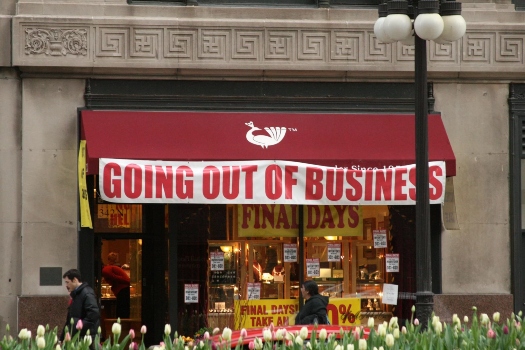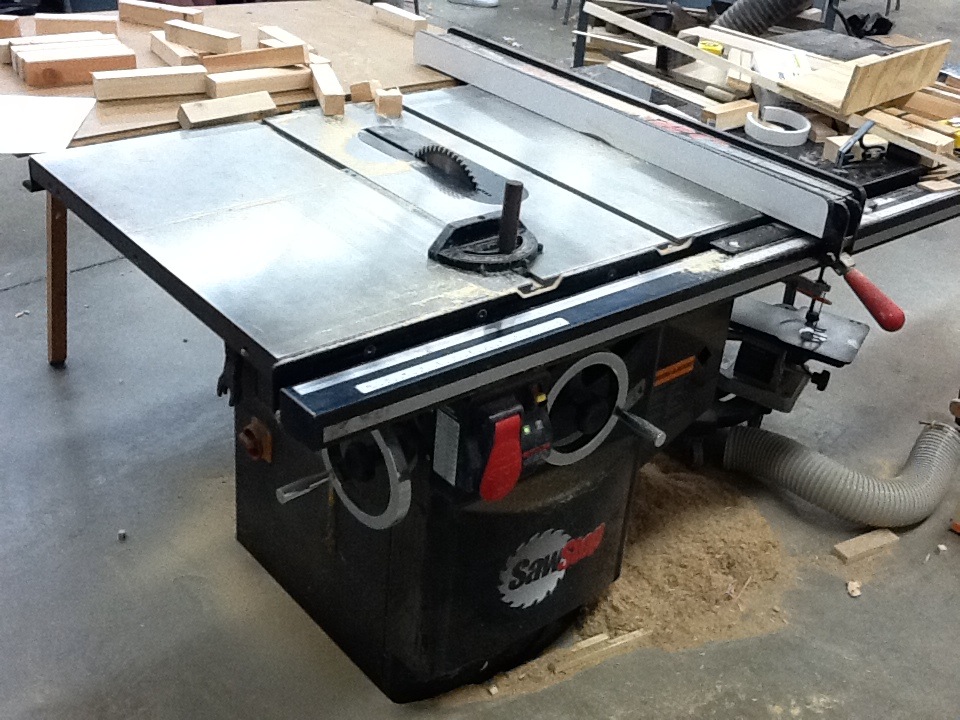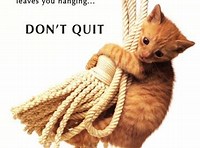Things Almost Always Look Better from the Outside Looking In
As we go through life, most of us try to present the best version of ourselves to the outside world. We want to look like we have it all together, whether we do or not. This is not to say that we shouldn’t try to be our best. We just need to be careful why we’re doing it.
We live in a very materialistic world. We see people and think, “Wow, if I just had their life, things would be easy.”
When looking at other people’s lives, most of the time, we only see what they want us to. They try to keep the ugly parts hidden.
In the rat race to succeed, we often forget who we are and whose we are.
Here’s a story about someone who forgot. (Excerpt from the book Uh-Oh by Robert Fulghum)
There’s a man in my neighborhood. He’s always in a hurry—and always late. I’m not exactly sure just what he does for a living, but it seems to involve buying and selling something downtown. He’s a businessman. His choice of appropriate transportation for his coming and going is a brand-new Range Rover, a vehicle built by the British for high adventure. It is equally capable in steep canyons, quicksand, and blizzard conditions. It can outrun a lion and take a rhino charge head-on. This vehicle is equipped with a winch, a gun rack, and a CB radio, as well as an impressive stereo system, two cellular phones, a fax machine, and a coffee maker in the glove compartment.
Mostly my neighbor takes his Range Rover as far as downtown. So far it has faced the dangers of the underground parking ramps of the First National Bank, and the hostile natives at a car wash. As for animal encounters, rumor is he backed over either a cat or a squirrel. Maybe both.
Daily I see my neighbor rushing out of his house, burdened with the impediments of high adventure. Carrying golf bag, gym bag, lunch bag, raincoat, umbrella, coffee cup, a sack of garbage for the dumpster, and his briefcase. On the day I shall describe, he has two little pieces of bloody toilet paper stuck to his chin from a hasty encounter with his razor, and a knitted brow from a hasty encounter with his wife. So far, it has not been a good morning.
About the briefcase. It is made of the purest, unblemished belting leather, a quarter of an inch thick. The best part of the hides of four carefully selected cows, who gave their lives that he might carry this talisman of success. Solid-brass hardware, combination lock, lined with watered silk, and his name embossed in gold. By itself, empty, the briefcase weighs maybe ten pounds. Twenty pounds full. A heavy item in every sense of the word.
So it’s a Tuesday morning around seven o’clock on a fine day in June. A neighbor lady and I hit the street headed for work about the same time. She’s a social worker for the Episcopal Church and drives an eight-year-old Ford Just-Get-Me-There-and-Back-Please-God sedan. And I drive a 1952 GMC two-ton Go-Ahead-and-Hit-Me panel truck.
At the same time, the owner of the Range Rover rushes up. His life is leveraged to the max these days, and his mind is in three continents at once. Time is of the essence. He is in no mood to make small talk. He grunts at us as he loads his lorry for the expedition downtown, leaps into the front seat, and cranks the mighty engine in the spirit of a holder of a pole position at Indy.
Uh-oh—he has left his coffee cup and briefcase on the roof of the Range Rover, and there they remain as he rolls away.
To the rescue comes the nice lady social worker for the Episcopal Church in her old Ford. She chases after him, urgently honking her horn, which he ignores because he is already on his cellular phone talking to London. As a pin affects a swollen balloon, so does her unceasing honking affect his existential circumstance. He throws the phone to the floor of the car, leans out the window, and displays the middle finger of his left hand to the lady. But the lady is focused on her rescue mission and honks on while waving him to stop.
I, in the meantime, driving close behind as a kind of third float in this little parade, likewise try to get his attention. Mine is an “aaaoooogaah” horn salvaged out of an old Model A. The combination of “HONK, HONK, HONK” and “AAAOOOOGAAH, AAAOOOOGAAH, AAAOOOOGAAH” is too much. He jams on his brakes, flings open the door, and tries to get out—without first unlatching his seat belt.
At the same moment, his morning cup of coffee slides off the roof, bounces across the hood, and smashes into the street.
Followed by his brassbound briefcase, which crashes onto the hood, scrapes across the paint with a fingernails-on-blackboard screech, and flops into the street on top of the broken coffee cup.
The dear lady, mission accomplished, coasts slowly around the scene of the accident, smiles, waves, sings out “Have a nice day!” to her neighbor dangling from the car in the clutches of his seat belt.
Fulghum, Robert. Uh-Oh (pp. 155-159). Random House Publishing Group. Kindle Edition.
We don’t know this man’s back story. What was going on in his life. What kind of stress he was under that morning. What we do know is that in pursuit of his “successful dream life”, things weren’t very successful that morning.
Often people who seem to have everything feel that they are failures.
It is easy to get caught up in the material world of chasing the pot of gold at the end of the rainbow, forgetting where our focus should be.
God doesn’t want us to be failures. He wants us to be successful!
Success will come if we are focused on the right things.
Someone who would not have been considered a success by worldly standards was John the Baptist. Here’s a man living in the wilderness dressed in camel’s hair preaching and baptizing. But John was focused on the right thing. In John 1:28-34 we read that, John saw the Spirit come down from heaven like a dove and rest on Jesus. This sounds pretty successful to me.
It’s easy to get sidetracked and focused on the wrong things. This is made clear to us in Matthew 16:24-26. For whoever wants to save his life will lose it; but whoever loses his life for My sake will find it. For what good will it do a person if he gains the whole world, but forfeits his soul? Or what will a person give in exchange for his soul?
The price for the wrong kind of success is very expensive.
Making money and having things is not bad. The key to unlocking success is what you focus on. Who are you focused on…yourself or God? How are you living your life? How do you measure success?
Measure it the same way God does and live your successful dream life.










































